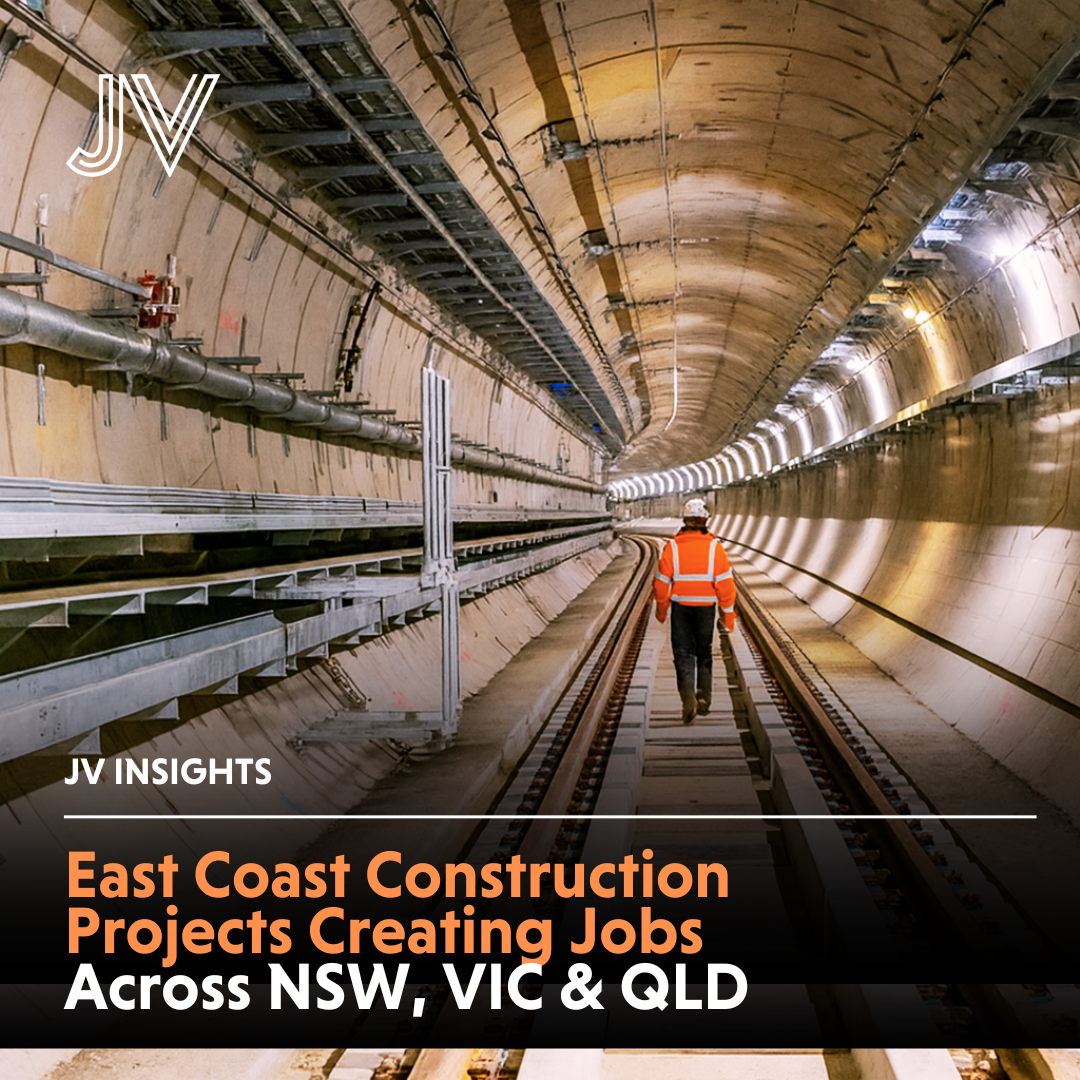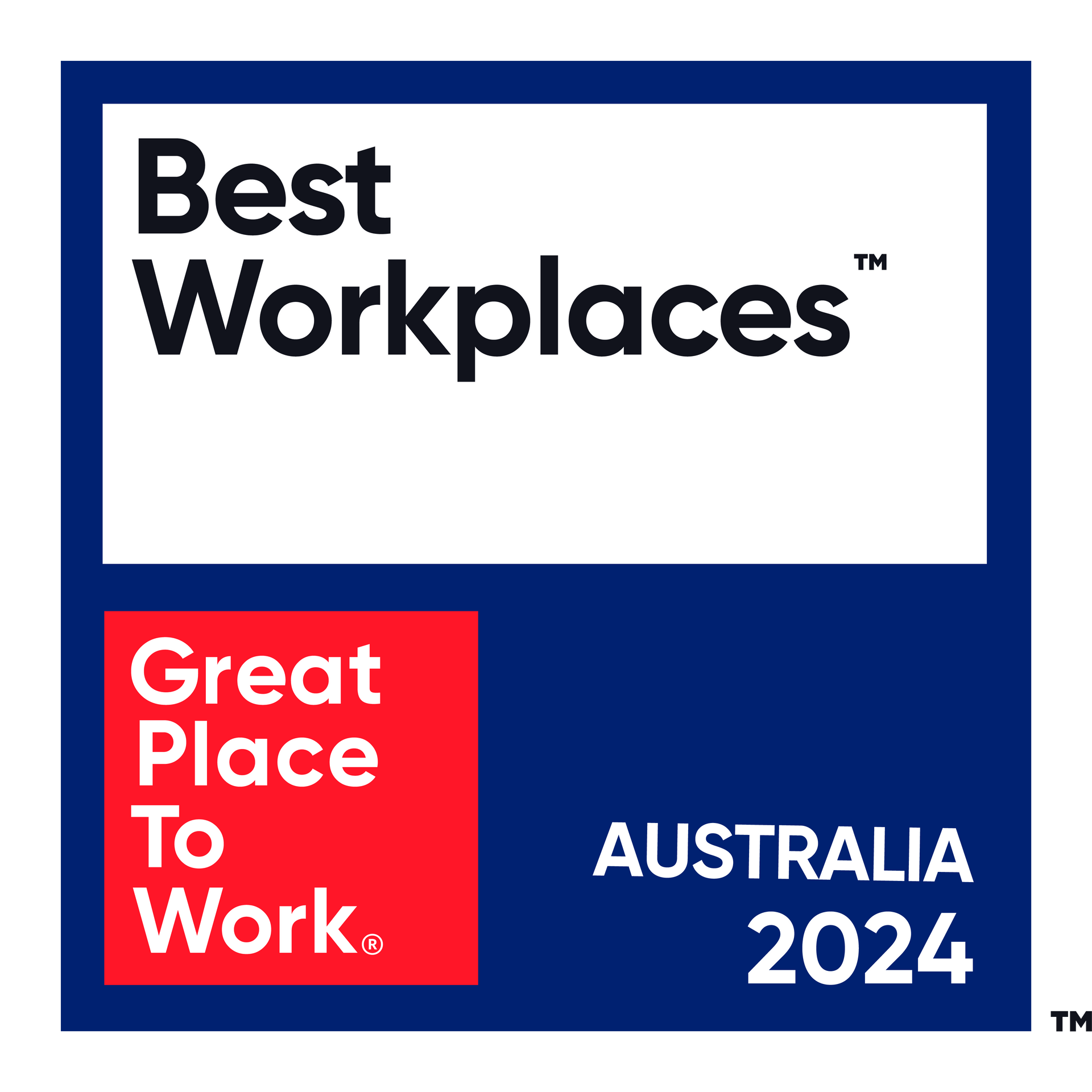Why Consider Construction Backpacking Jobs in Australia
With its breathtaking landscapes, vibrant culture, and unique wildlife, it's no wonder Australia is a destination of choice for backpackers. From the iconic Sydney Opera House to the vast expanse of the great outback, the “Lucky Country” offers travellers many attractive experiences and sights.
But aside from these many factors, why choose Australia as your backpacking destination? If you’re looking to reap the many benefits of working while you travel, Australia is the place to be. Though there were already around 56,000 backpackers in the country in late 2022, there is an increasing demand for backpackers in Australia due to thousands of job vacancies across industries like agriculture, hospitality and construction.
If you’re interested in construction backpacking in Australia, read on to find out the key benefits of these jobs – and the logistical requirements of securing one.
No Shortage of Opportunities
Australia’s construction industry is one of its largest, valued at an estimated US $112 billion annually and making up a whopping 9% of its GDP.
This means there is a steady and high demand for both skilled and unskilled construction workers, which is great news for you as a backpacker! Regardless of where your backpacking journey takes you in Australia, you can rest assured that construction job opportunities will be readily available.
Competitive Wages
With a well-regulated labour market and minimum wage standards in place to protect workers, Australian construction jobs offer competitive wages to ensure your hard work is fairly paid for.
Additionally, many construction companies provide generous remuneration packages to attract and retain talent. So whether you’re looking for extra cash to fund a mission to try as much Aussie beer/wine as possible or splurge on a Great Barrier Reef cruise, construction could be a great option!
Skill Development & Experience
Aside from its attractive wage opportunities, construction work also helps with skill development and experience. Whether you have prior construction experience or are completely new to the sector, construction backpacking jobs will enhance your skillset and boost your future employability.
You'll have the chance to learn practical skills from experienced professionals, gaining hands-on experience in various trades and construction techniques (depending on the specifics of your position!). This experience can be highly advantageous when seeking future job opportunities in Australia and beyond.
Beautiful Work Locations
Australia is well-known for its beautiful nature, from pristine beaches to rugged outback regions. Many construction projects are located in areas of exceptional natural beauty, offering a visually captivating backdrop for your work and an opportunity to see parts of Australia you may not have originally considered!
From the vibrant cityscapes of Melbourne and Sydney to the breathtaking Gold Coast, many construction jobs are across a variety of picturesque locations in Australia.
Lifestyle Benefits
Working in construction in Australia will provide you with a unique lifestyle, allowing for cultural immersion, new friendships and increased wellbeing. By joining construction teams, you’ll interact with locals, fellow backpackers, and professionals from various backgrounds – and meeting new people means new friendships, new insights into Australian culture, plus an invaluable network of contacts.
And let’s not forget the value of working a job that will keep you fit – no need to feel guilty about scoffing down a massive chicken parma/parmi (depending on where you are in Australia!) when it’ll be burnt off the next morning!
How to Get a Construction Backpacking Job in Australia
One of the great aspects of backpacking jobs in the Australian construction industry is that you don't necessarily need formal qualifications to get started. You can enter the industry without prior experience or certifications as a labourer. However, it is essential to obtain a White Card before commencing work.
What Is the White Card?
The White Card is issued to individuals who have completed general construction induction training, serving as proof that you possess a fundamental understanding of health and safety precautions on construction sites. Possession of a White Card mandatory for anyone working in the construction industry in Australia.
To obtain your White Card, there are several training providers available - we recommend EOT and Edway. Completing the training in a classroom setting typically takes a full day, while online courses may require a few hours, and the cost usually ranges from around $40 to $100.
Once you have obtained your White Card, it is recognised in all Australian states and territories. The card has no expiration date, but if you haven't worked in the construction sector for two years, it is recommended to refresh your knowledge by retaking the training.
Start Your Backpacking Adventure Now
That covers some of the best reasons you should consider construction backpacking jobs in Australia – and how to go about it! If you’re interested in learning more or would like assistance securing a position, contacting an Australian recruitment agency is a great idea.
Here at JV Recruitment, we possess specialised knowledge of the best open positions for backpackers across Australia’s construction industry, with offices in Melbourne, Geelong, Sydney, Brisbane and the Gold Coast. Please don’t hesitate to get in touch – we’d love to support you through your construction journey!








